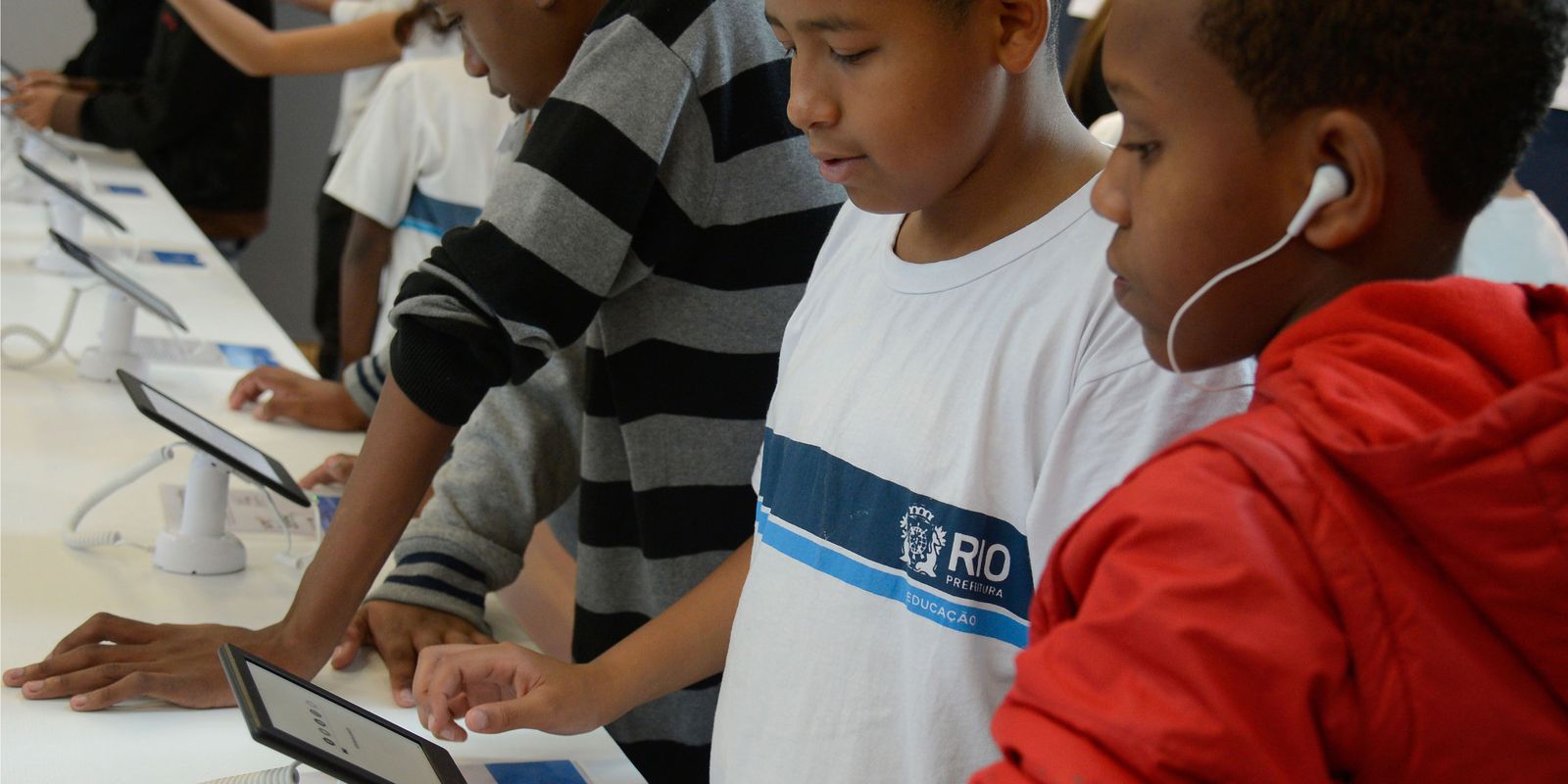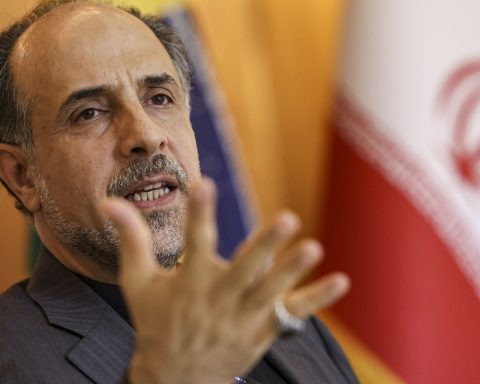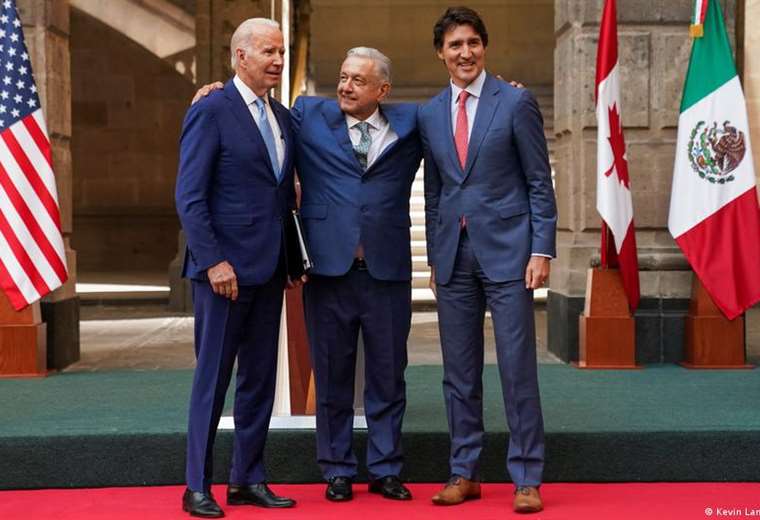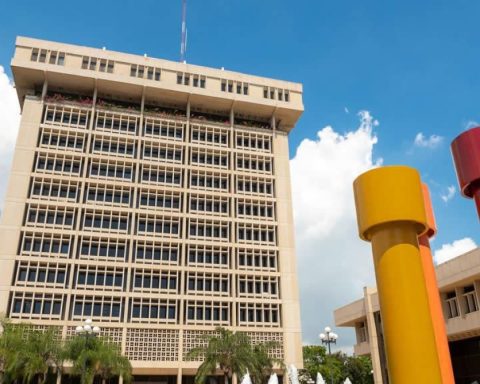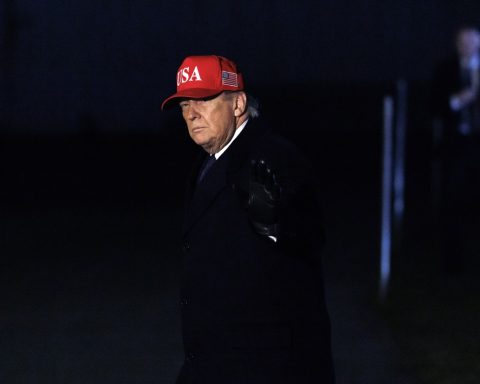Brazil will have a National Digital Education Policy (Pned) to guarantee access, especially for the most vulnerable populations, to digital resources, tools and practices. The Pned, approved by the National Congress last year, was sanctioned on Wednesday (11) by President Luiz Inácio Lula da Silva and published in the Official Diary of the Union.
The purpose of the Pned, according to the text of the law, is to articulate the programs, projects and actions of municipalities, states, the Federal District and the Union, from different areas and government sectors, to enhance and improve the results of these public policies.
Pned has four axes of action, each with specific actions: digital inclusion, digital school education, digital training and specialization, and research and development in information and communication technologies.
Among the planned actions are the training of digital, media and information skills and awareness regarding the rights regarding the use and processing of personal data. It is also planned to promote secure connectivity and data protection for the most vulnerable population, especially children and adolescents.
Resources
Resources for implementing the policy will come from budget allocations from the Union, states, Federal District and municipalities; public or private donations; of the Fund for the Universalization of Telecommunications Services, as of January 1, 2025; and the Fund for the Technological Development of Telecommunications.
The law provides that even though, for the implementation of the National Digital Education Policy, agreements, commitment terms, cooperation agreements, decentralized execution terms, adjustments or similar instruments may be signed with bodies and entities of the federal, state, district and municipal, as well as with private entities, under the terms of specific regulations.
Vetoes
The sanctioned law received three vetoes, at the request of the Ministry of Education (MEC), which will be analyzed in a session of the National Congress. One of the vetoes is the item that provided that digital education, focusing on digital literacy and teaching computing, programming, robotics and other digital skills, would be a curricular component of elementary and high school. According to the government, the veto occurred because, to be part of the school curriculum, the contents need to be approved by the National Council of Education and the MEC.
Another veto was the passage that predicted that the Student Financing Fund (Fies) would prioritize short-term immersion programs in computational techniques and languages. For the government, however, priority is not necessary, since there is no impediment to the financing of these courses by Fies.
The third veto concerns the definition of what a book is, something that, with new formats and new technologies, is being discussed in a bill currently being discussed in the National Congress.
Pandemic
The project that creates the Pned originated in the Chamber of Deputies in September 2020, amid the covid-19 pandemic, and is authored by deputy Angela Amin (PP-SC).
“The presentation of this bill is related to the true revolution that digital technologies are causing in our society, which were explicitly evidenced by the covid-19 pandemic, in all sectors of human activity and, particularly, in education. Children today are born, grow up and live in a world where digital technologies are ubiquitous”, justifies the deputy.
According to the parliamentarian, the intention is to institute a comprehensive digital education policy, which results in diffuse benefits for the entire Brazilian society.
